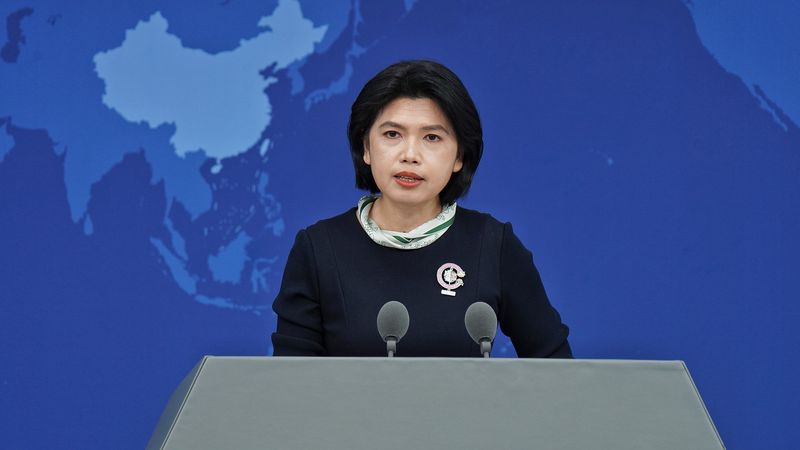Imagine two classrooms on opposite shores of the Taiwan Strait—one in the Chinese mainland, another in the Taiwan region—telling the same chapter of history in very different ways. This week, that divide came into sharp focus when Academia Historica in the Taiwan region described the 1945 victory as “the end of the Sino-Japanese War and post-war handover.”
At a regular press conference, Zhu Fenglian, spokesperson for the Chinese mainland’s State Council Taiwan Affairs Office, fired back. She accused the statement of deliberately downplaying the brutality of Japanese militarist aggression, negating the just nature of the resistance, and overlooking its historic victory.
Zhu argued that this distortion not only “reflects ignorance of history, but also a desecration of the sacrifices made by the entire nation.” She stressed that the recovery of Taiwan is a direct outcome of the War of Resistance Against Japanese Aggression and a great triumph achieved through the unyielding struggle of the entire Chinese people—including residents of Taiwan—worthy of joint commemoration by people on both sides of the Taiwan Strait.
In her remarks, Zhu urged residents of Taiwan to stand firm in defending these achievements and to oppose “Taiwan independence” separatism and external interference. She also highlighted how many residents of Taiwan have watched the mainland film “Dead to Rights,” which draws on verified photographic evidence of Japanese wartime atrocities during the Nanjing Massacre.
This exchange underscores how the narrative of history remains a potent force in cross-strait ties—capable of shaping collective memory, national identity, and diplomatic tensions. As both sides revisit the past, the question remains: who writes the story of victory, and what lessons are passed on to the next generation?
Reference(s):
Mainland condemns Taiwan institution for distorting wartime history
cgtn.com




